Where Vladimir Putin has gone from powerhouse to pariah
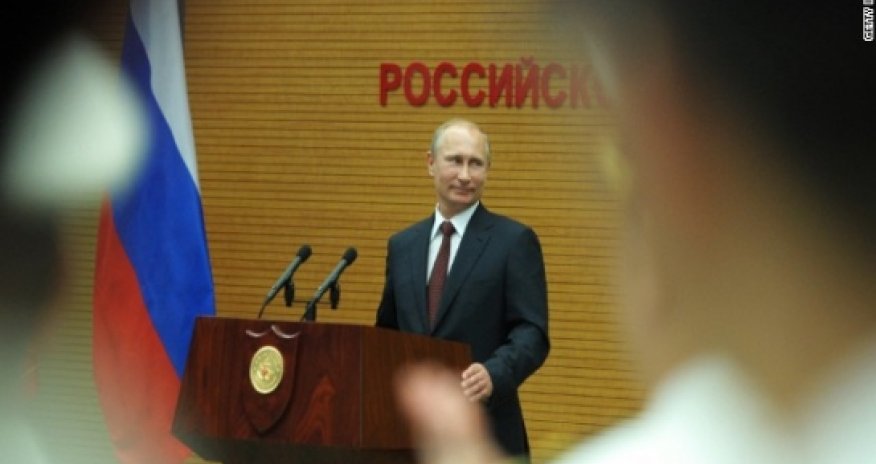
St Petersburg has been a city of splendor for more than three centuries, and bears the name of the man who dreamt it all up: Tsar Peter the Great.But since Vladimir Putin took power in 2000, this city has been best known as the hometown of the president, and those in his inner circle who call the shots within the Kremlin and in business.Anna Scherbakova, bureau chief for the financial daily Vedomosti, said the power structure of "Team Putin," is woven through with the city's elite."There are a lot of St Petersburg-born people in the Russian cabinet," she said. "Also the CEOs of the Russian big monopolies like Gazprom, like Rosneft, like Sberbank."In a symbol of the city's rising prominence, the state-run energy giant Gazprom will move its headquarters here next year at a cost of nearly $2 billion.The St Petersburg International Economic Forum, or SPIEF, is Putin's version of Davos. It is a showcase event for his administration and a chance for CEOs of the Global 100 to rub shoulders with those who matter most in this near $2 trillion economy.But it is obvious, with a long, long list of no shows from corporate America and Europe, the tone has changed dramatically for the worse at SPIEF 2014.According to Scherbakova, "it could painful for the president's self esteem."A year ago, the forum kicked off what was designed to be a smooth agenda of orchestrated events.German Chancellor Angela Merkel shared the stage with the president in a panel that I chaired. Tensions between them were obvious, but so too were overriding bilateral trade interests.A few months later, Putin talked of re-igniting growth as he hosted the G20 Summit in St Petersburg. In December, he moved to rescue Ukraine with a $15 billion bailout for his old ally, the now ousted Ukrainian President Viktor Yanukovich.Shortly thereafter, he was hosting the high-priced Sochi Winter Olympics.But it is Putin's annexation of Crimea and unrest in Eastern Ukraine which will define 2014 and very likely his legacy. Putin's popularity has skyrocketed at home, but that is weighed against economic isolation abroad.During the height of the Western-led banking crisis, Putin chided co-members of the G8 for their careless ways and lack of corporate governance. Today, the economic tide of growth has moved out on Russia.And that, according to Peter Truscott, former UK Energy Minister and Putin biographer, will force the Kremlin to take measured steps going forward.It is Putin's annexation of Crimea and unrest in Eastern Ukraine which will define 2014 and very likely his legacyJohn Defterios"If a military conflict were to spread into Ukraine, against the background of further economic and trade sanctions, then I think Putin might lose support," Truscott said. "That's why I think Russia is very wary of full military intervention in eastern and southern Ukraine at the moment."In the spring of 2013, the Russian president promised protestors he would raise their standards of living by fostering investment.Having most U.S. and many European corporate leaders staying away from his annual gathering on the Neva River will not assist in the effort.And the event that was scheduled to round off the president's calendar on the global stage -- the G8 summit, due to be held during St Petersburg's long white nights -- has been canceled. Instead, there will only be the G7 in Brussels.(CNN)Bakudaily.az
























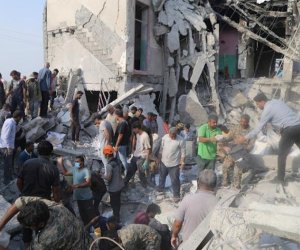
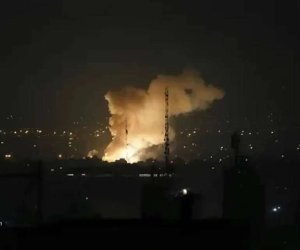
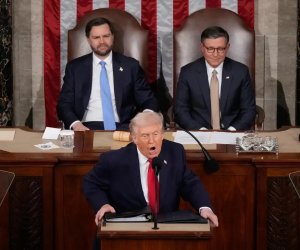
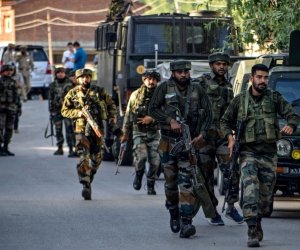
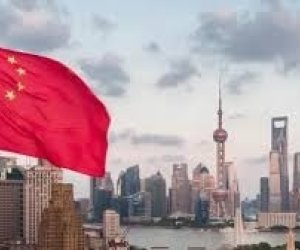
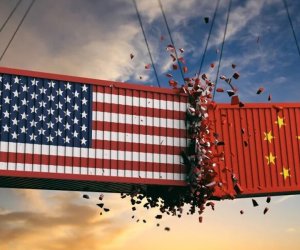
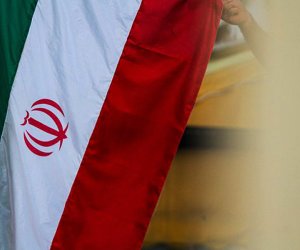
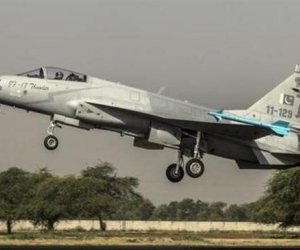
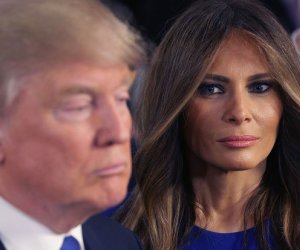



 Photo
Photo 



 Video
Video 

